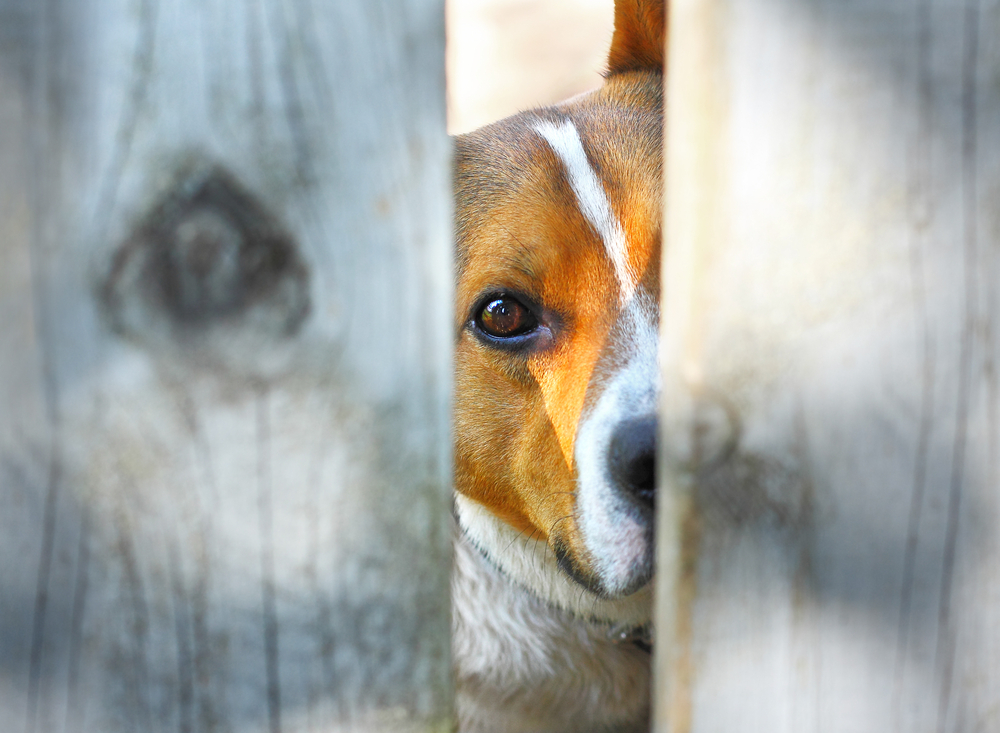Canada News
Quebec passes legislation to better protect animals
QUEBEC—The Quebec national assembly has passed legislation that better protects animals and defines them as sentient beings.
Agriculture Minister Pierre Paradis, who spearheaded Bill 54, is hoping it will help transform Quebec from the jurisdiction with some of the least strict animal-welfare rules in North America—it is considered the puppy-mill capital of the continent—to one with some of the toughest.
The legislation was adopted by a 109-0 margin on Friday.
Paradis said earlier this year he was inspired by Manitoba, Ontario and British Columbia, which he noted have the strongest animal-welfare laws in the country.
He also cited France, which updated its own laws last January to change the status of animals to sentient beings from their prior status of movable property.
The bill states that “animals are not things. They are sentient beings and have biological needs.”
For many people, that might seem obvious, but until now an animal in Quebec has had the same legal rights as a piece of furniture.
The Montreal SPCA said Friday it remains cautiously optimistic that Bill 54 will help improve the situation of certain species of animals, in particular dogs, cats, horses and animals raised for their fur.
The organization is also hoping the government will make use of the powers provided for in the law to the bill to promulgate regulations banning the permanent chaining of dogs.
But the SPCA said the legislation doesn’t go far enough.
“We are thoroughly disappointed that exotic animals as well as many species of wildlife, in captivity, will continue to be excluded from the ambit of Quebec’s animal welfare legislation,” it said in a statement.
“These animals remain in desperate need of appropriate legal protection to ensure they are not neglected or abused, particularly when they are exploited for commercial purposes.”
The bill states that animal owners must ensure their pets receive “care that is consistent with (their) biological needs.”
Farm animals don’t get the same protection as pets. They must be treated “in accordance with generally recognized rules,” the bill reads.
The legislation also gives inspectors the power to demand to see an animal if they have “reasonable cause” to suspect the pet is being mistreated.
They can also obtain a warrant from a judge to enter a home and seize animals.
First-time offenders face fines as low as 0 and as high as 0,000.
The fines can double and triple for repeat offenders. Judges will have the discretion to sentence serial violators to up to 18 months incarceration.






















